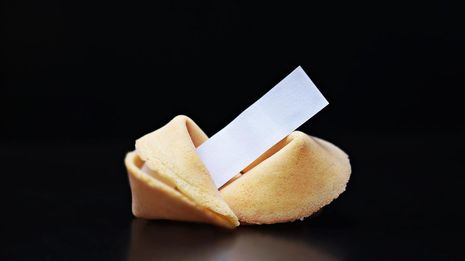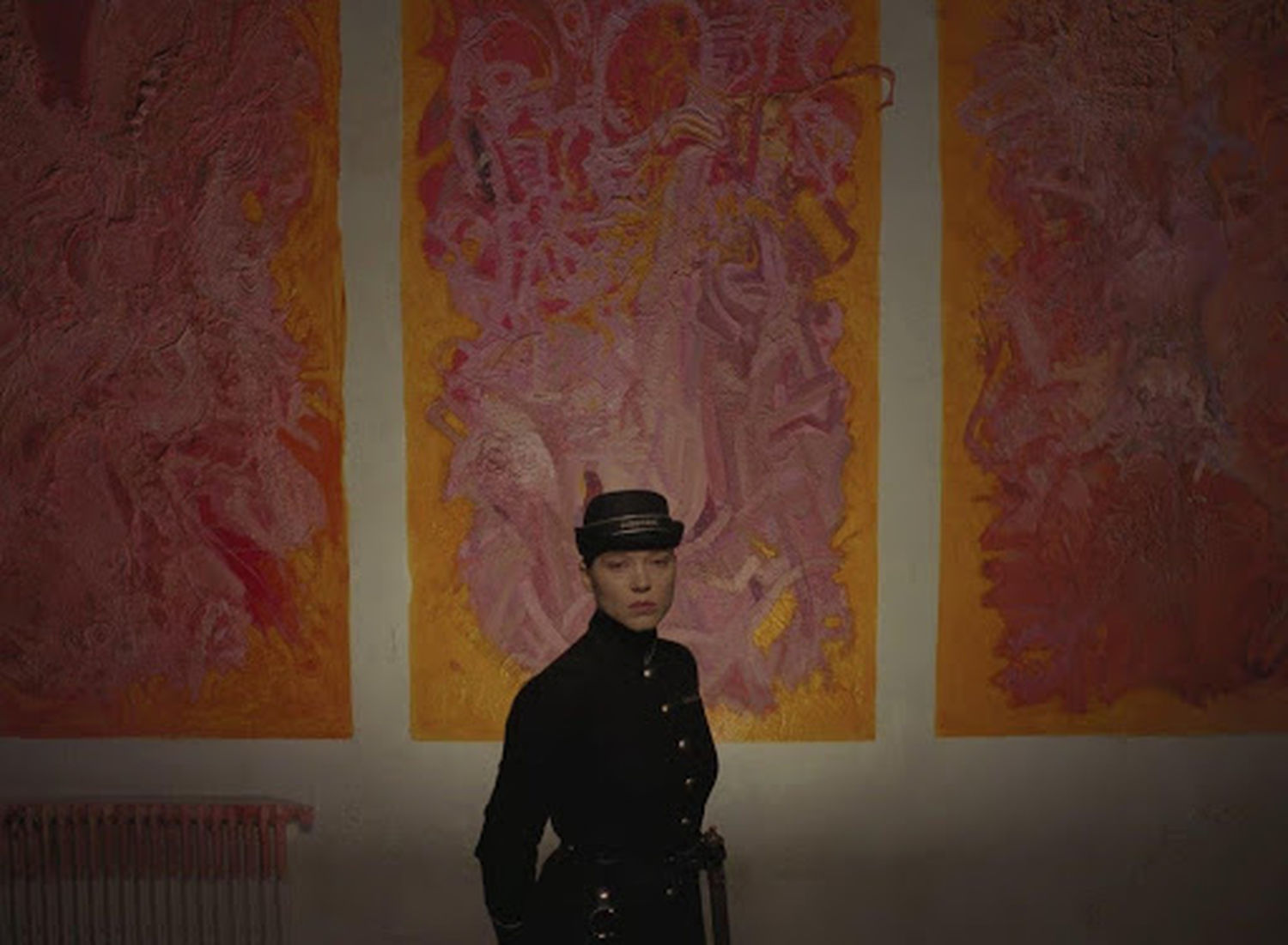‘Wheel of Fortune and Fantasy’ is, not by chance, absolutely fantastic
Film & TV Editor Nadia Sorabji Stewart argues that the latest film by Japanese director Hamaguchi is refreshingly matter-of-fact in its portrayal of the cruelty and humour of chance

Ryusucke Hamaguchi has been getting all the good press lately. If you managed to catch anything behind the blazing headlines about Will Smith and his infamous slap (yawn), you might have seen that Drive My Car was nominated for four Oscars and won the Oscar for Best International Feature. You’d be forgiven for never having heard of it or him though, given the annual Oscars hoo-ha.
Hamaguchi’s second film of 2021 was only released in the UK this February, a collection of three short stories in one. And while I might call myself a cinephile, I have yet to brave the 179-minute running time of Drive My Car; so if you’re looking for one of the best films of the 2020s that won’t require a few intervals to get through, Wheel of Fortune and Fantasy is a pretty safe bet.
“Cruel, beautiful and surprisingly hopeful”
The film presents three short stories of women and the relationships that have touched them. Each story is slightly more awful than the last. That is, awful because of how hauntingly chance plays with them. The film is all about chance and imagination: the sick twists of fate that befall us and the ways we manipulate the world to take back control.
In the first story, a young woman’s friend meets the perfect man — her ex — and she tries to convince him that despite their previous chaotic and somewhat toxic relationship, they should get back together. You’re left constantly uncertain what to think. Is this woman a crazy egotist, desperate to have him only so that no else can? Is she afraid and in love and acting crazy because of it? Does it even matter, so long as he accepts her and loves her back? It’s a glimpse into a couple of days, a few hours, in their lives, as we try to learn to pull back the masks these strangers have fashioned to hide their inner turmoil.
“Hamaguchi weaves a silky web of connections between the stories”
In the second story, a college student asks his ex to help him take revenge on a renowned professor who refused to pass him to the next grade. What follows is an uncomfortable and intriguing conversation between ex and professor as she attempts to seduce him. How, of all ways? By reading aloud his own erotic novel. The power dynamics shift in murky ways over the thirty minute conversation, but both come away deeply touched by their shared experience. But that couldn’t be the whole story. Chance strikes again! A catastrophe derails the trajectory of the story, fates are reversed and we are left to feel profoundly ambivalent about everything that just happened.
The third story is undoubtedly the best. A woman heading up an escalator recognises a woman heading down the other. She runs after her, clings to her, and accepts an invitation to her home. Slowly, they realise that this chance meeting is not what they had first understood at all. It’s comical genius — chance humbles everyone. The women, tricked by coincidence and their desire to believe what they wanted to believe, now utilise this imagination to help them — they agree to play make-believe and enact the scenes they had hoped would unfold. Cruel, beautiful and surprisingly hopeful, this story was the reason why each cinemagoer I passed on the way out was torn between tears, smiles and breathless confusion.
“Silence doesn’t stretch out; it rests”
You might get whiplash from watching so many short stories in one go, but Hamaguchi manages the transitions with skill. You always have enough time to settle into the next story when all of a sudden, it is ripped away again, before you can even be definite that you’ve reached the end. He lets fortune play with the audience too. Hamaguchi weaves a silky web of connections between the stories so that all three coexist but could be taken from any random moment or place. You almost feel that you might have stumbled upon these stories by chance. They’re the sort of stories that you’re told about someone’s uncle’s cousin’s sister, almost too far-fetched to be true, but it is precisely that that makes them so believable.
It’s hard to say without being Japanese, but as an English viewer, you wonder whether there is a flavour of something distinctly Japanese in Hamaguchi’s direction. Is the choice to forgo music, leaving silence to speak for itself, un-Western? Silence in Hollywood often stretches out, a warning of danger. But here, silence doesn’t stretch; it rests. It lays itself down on a sofa to watch the scene unfold, and when it’s time for someone to talk, it gets up and walks away. And yet, the silence also manages to not come across as a pretentious artsy trick just begging for a place at Sundance. The shots, too, achieve an honest simplicity by remaining distant from their subjects. All this is unusual for such a popular kind of cinema. Wheel of Fortune and Fantasy shows that simplicity and honesty do not have to be dry or art-house, but can instead be warm and curious and cheeky.
So, top picks for the decade so far? Well, if you made me close my eyes, spin a wheel and pick any film at random, I might just land on Wheel of Fortune and Fantasy.
 Comment / Plastic pubs: the problem with Cambridge alehouses 5 January 2026
Comment / Plastic pubs: the problem with Cambridge alehouses 5 January 2026 News / Cambridge academics stand out in King’s 2026 Honours List2 January 2026
News / Cambridge academics stand out in King’s 2026 Honours List2 January 2026 News / Cambridge businesses concerned infrastructure delays will hurt growth5 January 2026
News / Cambridge businesses concerned infrastructure delays will hurt growth5 January 2026 News / AstraZeneca sues for £32 million over faulty construction at Cambridge Campus31 December 2025
News / AstraZeneca sues for £32 million over faulty construction at Cambridge Campus31 December 2025 Interviews / You don’t need to peak at Cambridge, says Robin Harding31 December 2025
Interviews / You don’t need to peak at Cambridge, says Robin Harding31 December 2025









